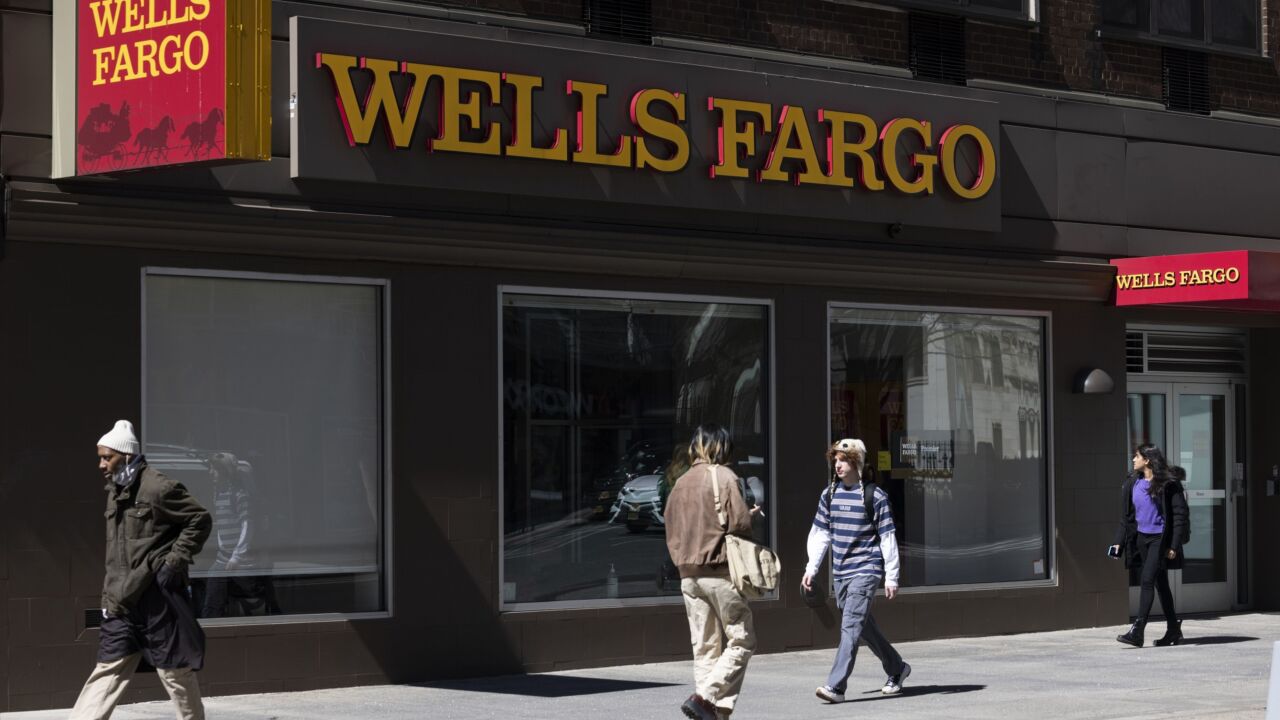Standard & Poors has affirmed its ratings on Advanta and its subsidiaries, including the BB- long-term counterparty credit rating on Advanta and the BB long-term counterparty credit rating on its operating subsidiary, Advanta Bank.
According to an S&P release, the agency also revised the outlook to negative from stable, reflecting deterioration in Advantas asset quality upon pressure from worsening economic conditions.
For the three months ended June 30, 2008, annualized NCOs as a percent of average managed receivables were 8.38%, up from 6.43% in the linked quarter and 3.48% in the same quarter last year.
Managed receivables 30 or more days delinquent have also increased from the comparable quarter last year, but the rate of increase has decreased on a linked-quarter basis. At June 30, 2008, 5.67% of managed receivables were 30 or more days delinquent, up 294 bps from last year, but only 37 bps from the sequential quarter.
Although Advanta earned $4.0 million in the quarter, this was driven by the sale of 46,000 class B MasterCard shares for $14.2 million, which offset an incremental $4.5 million credit provision. Advanta has only 27,200 restricted MasterCard shares remaining, so management's ability to use gains from the sales of these shares to offset increased credit provisions and decreased securitization income will be limited, S&P said.
ABS market funding is more cost prohibitive due to Advantas increasing asset-backed issuances spreads, and because Advanta chose not to reissue some subordinated tranches that matured in the second quarter, its 'AAA' ABS issuance capacity has also been diminished and values $450 million.
However, balance sheet liquidity, including a cash and investment security balance of $1.8 billion and deposits of $2.1 billion, remains adequate, considering expectations for fewer accounts originated in 2008.
Despite increased losses, S&P said Advanta has not triggered the cash-trapping mechanism in its revolving securitization trust. If the 4.5% initial trigger were to be breached, it would initially need to add $50 million in cash collateral, a number S&P deems reasonable considering current cash balance.





